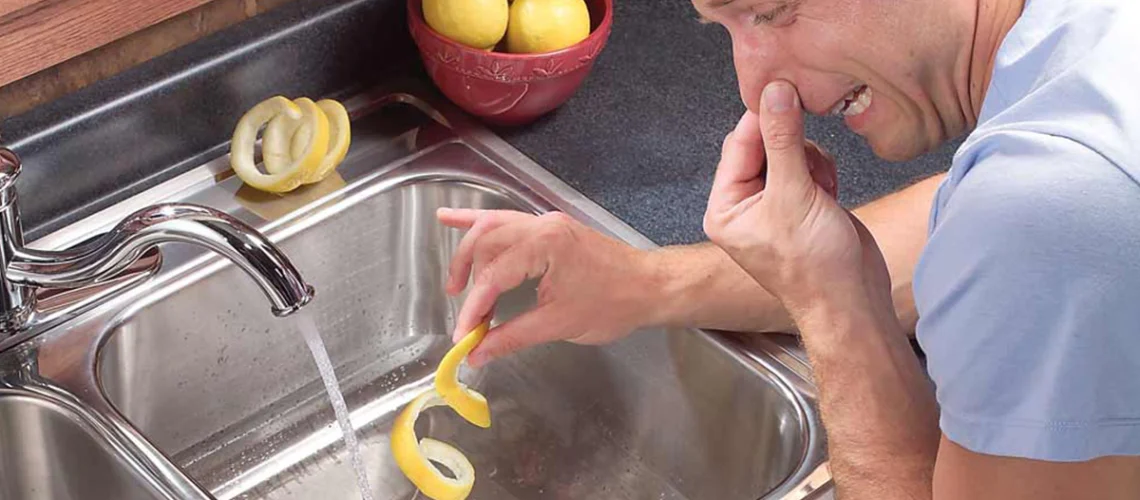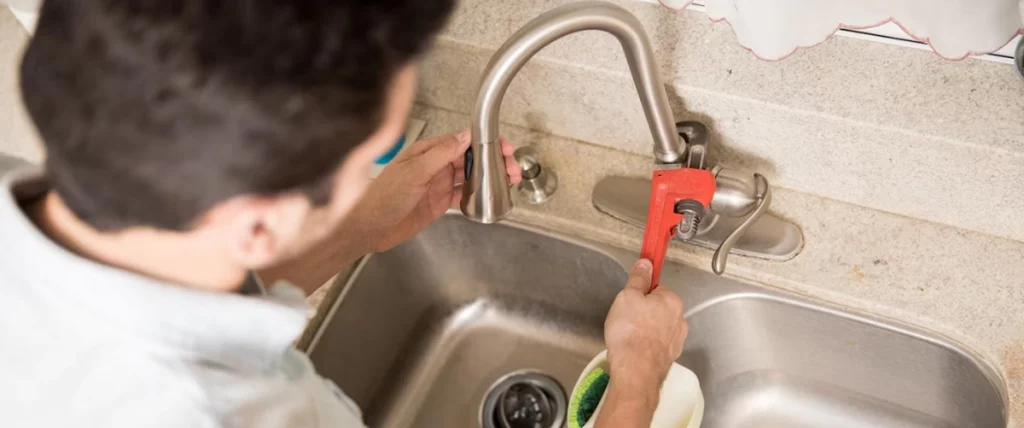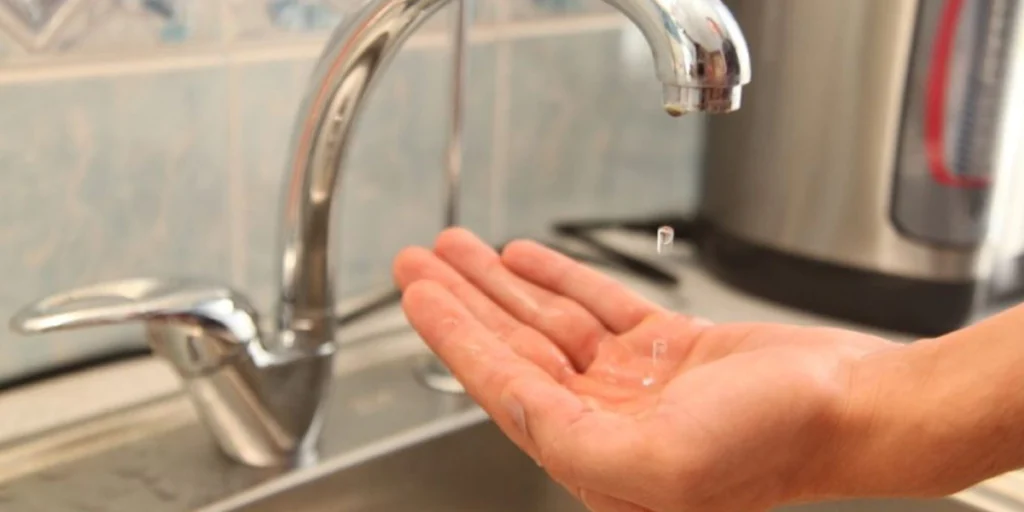A sewage smell in the home is not only unpleasant but can also indicate underlying issues in your plumbing system. Ignoring the problem can lead to more significant issues, such as leaks, clogs, or even health hazards. Let’s explore the common causes of this foul odor and what you can do to fix it.
Contents
Common Reasons for Sewage Smell in Homes
1. Dry P-Trap
One of the most common reasons why your house smells like sewage is a dry P-trap. The P-trap is a U-shaped pipe located under sinks, tubs, and other fixtures. It holds water to block sewer gases from entering your home. If a P-trap dries out, those gases can easily seep in.
Solution:
- Run water in the unused sink or fixture to refill the P-trap with water.
- Make sure to use all sinks and drains regularly to prevent this issue from reoccurring.
2. Clogged Drains
A sewage smell in your home can also result from clogged drains. Food waste, hair, and debris can accumulate in your pipes over time, leading to blockages that trap foul-smelling gases.
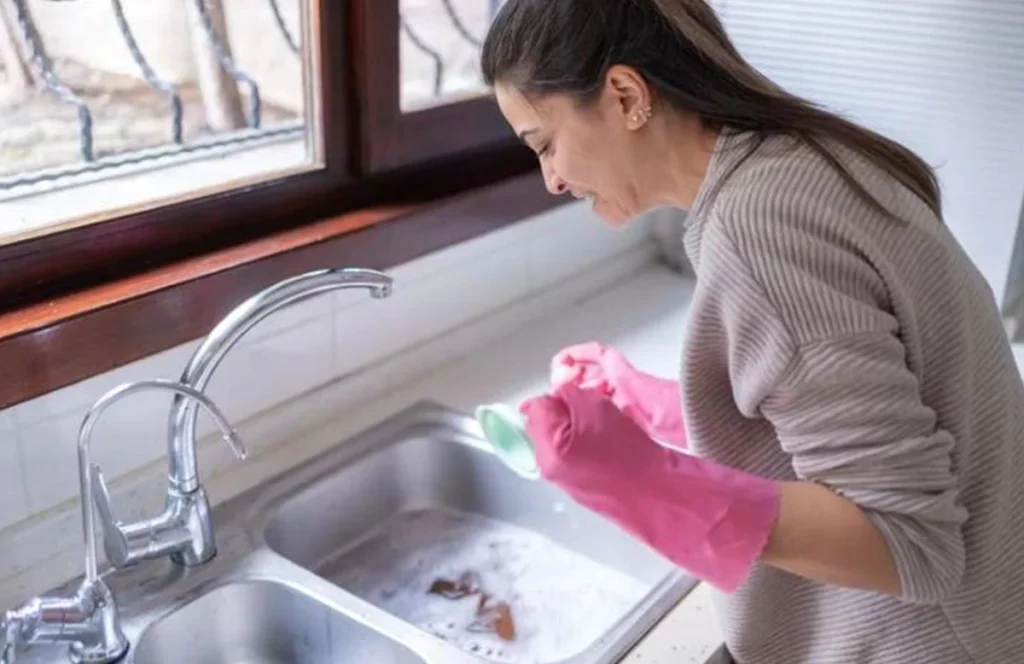
Solution:
- Use a drain cleaner to dissolve minor clogs.
- For more severe blockages, consider contacting a professional plumber to clear your pipes.
3. Sewer Line Blockage
A more serious issue that may cause sewage smells in your home is a blocked sewer line. If the blockage is severe, it can cause sewage to back up into your home, leading to unpleasant odors and potentially hazardous situations.
Solution:
- Check your home’s clean-out valve for blockages.
- If the issue persists, you may need to call a plumber for a thorough inspection and possible sewer line cleaning.
Why Would My House Smell Like a Sewer?
1. Cracked Sewer Pipe
A cracked sewer pipe is a significant problem that can lead to the smell of sewage in your home. Sewer pipes are responsible for carrying wastewater away from your home, and a crack can release harmful gases into your living space.
Solution:
- A plumber will need to locate the crack and repair or replace the damaged pipe.
- Regular maintenance and inspections can help detect pipe issues early before they lead to severe problems.
2. Broken Vent Pipes
Vent pipes are part of your plumbing system, allowing sewer gases to escape your home safely. If a vent pipe is broken or blocked, these gases can build up and leak back into your house, causing a sewer-like smell.
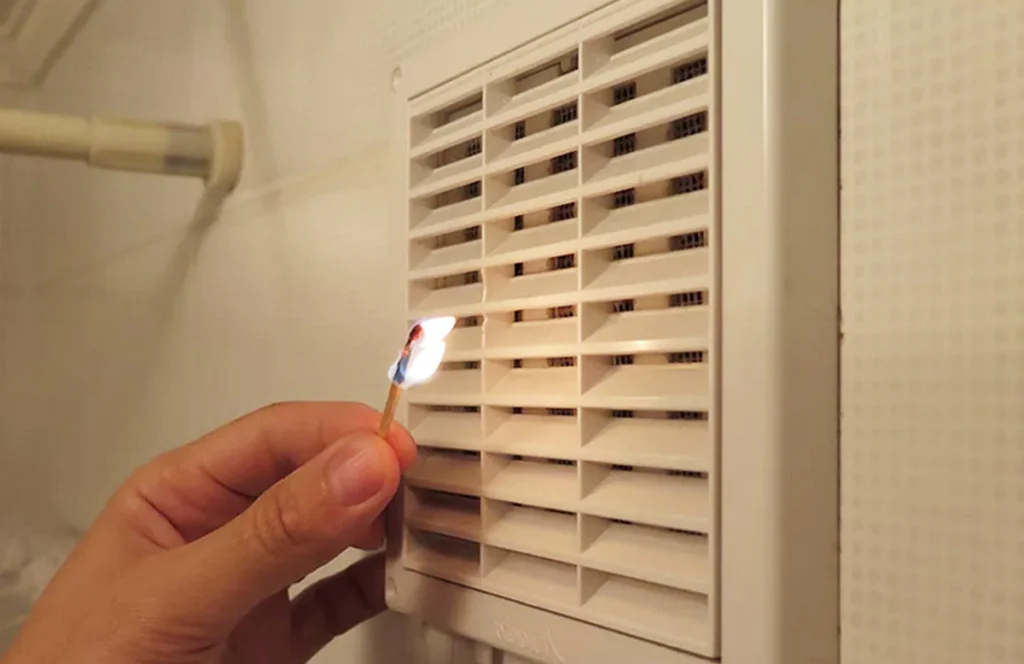
Solution:
- Ensure the vent pipes are not blocked by debris or bird nests.
- If broken, a plumber will need to repair or replace the damaged vent pipe.
3. Full Septic Tank
If your home uses a septic tank and you notice a sewage smell, it may be a sign that the tank is full. When a septic tank overflows, sewage can back up into your home’s plumbing system, releasing foul odors.
Solution:
- Regularly schedule septic tank pumping to avoid overflows.
- If the septic system is old or malfunctioning, it may need repairs or replacement.
Diagnosing Sewage Smells in Your Home
If you’re unsure why your house smells like a sewer, there are a few simple steps you can take to diagnose the problem before calling a professional.
1. Identify the Source
Check each area of your home where the smell is strongest. Start by examining drains, sinks, and toilets to see if they are the source of the odor.
2. Check for Water in P-Traps
If any of your fixtures haven’t been used recently, the P-trap may be dry. Refill it by running water through the fixture and see if the smell dissipates.
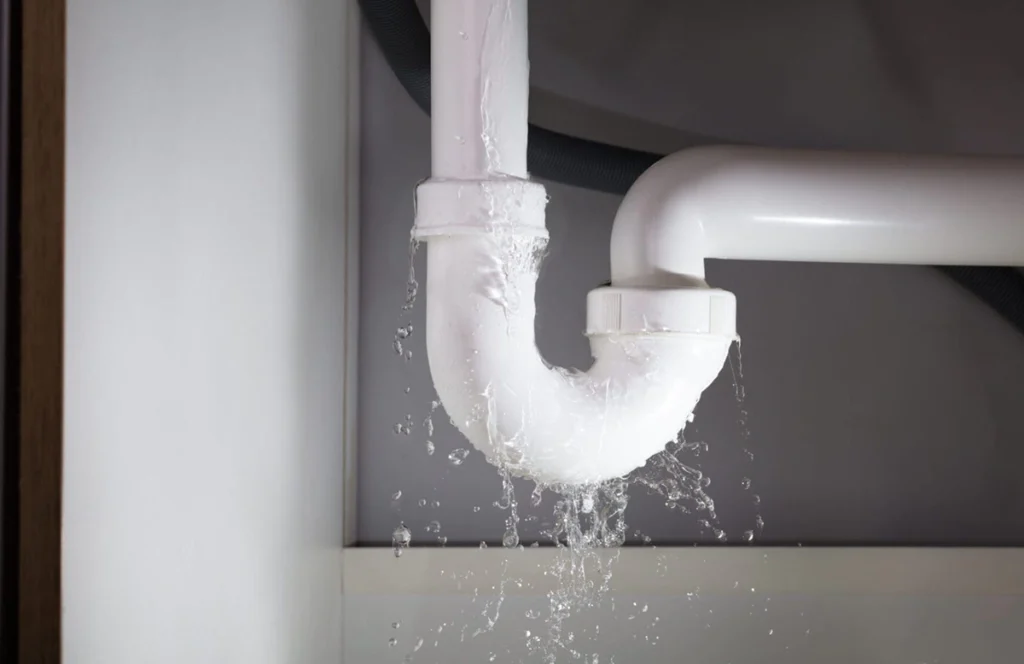
3. Inspect Vent and Sewer Lines
If you cannot locate the source of the sewage smell, inspect your vent pipes and sewer line clean-out valve. Blockages or damage in these areas could be causing the odor.
How a Plumber Can Help Eliminate Sewage Smells
If you’ve tried DIY solutions and still can’t eliminate the sewage smell in your home, it’s time to call a professional plumber. Here’s how they can assist:
1. Sewer Line Cleaning
A plumber can use specialized tools, such as a sewer snake or hydro-jetting, to clear blockages from your sewer line, eliminating the source of the smell of sewage in your home.
2. Pipe Repairs
If the problem is caused by cracked or damaged pipes, a plumber can identify the issue and repair or replace the affected pipes to prevent further damage and odors.
3. Septic Tank Maintenance
If you have a septic tank, regular pumping and maintenance by a professional will keep it functioning correctly and prevent sewage smells from occurring.
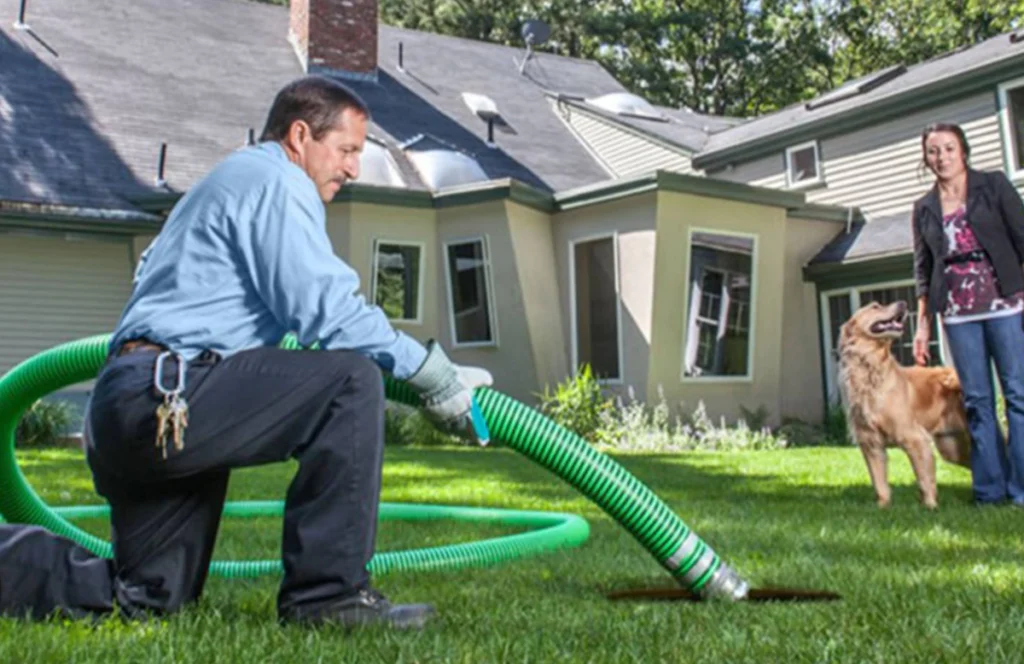
Preventing Sewage Smells in the Future
The best way to avoid sewage smells in your home is through regular maintenance and preventative care. Here are some tips to keep your plumbing system in top shape:
- Regularly use all sinks and drains to keep P-traps filled with water.
- Schedule routine drain cleaning to prevent clogs from forming.
- Inspect your plumbing system regularly for any signs of damage or leaks.
- Maintain your septic system by scheduling routine pumping if your home uses one.
Conclusion
A sewage smell in your home can be alarming, but it often has simple explanations such as a dry P-trap or a clogged drain. However, if the issue persists, it could indicate more serious problems like a cracked sewer pipe or a blocked sewer line. Addressing the problem promptly with the help of a professional plumber is crucial to maintaining a healthy and odor-free home. Now that you know why your house smells like sewage, you can take the appropriate steps to diagnose and fix the issue, ensuring a safe and pleasant living environment.
FAQ
A sewage smell in your home can result from dry P-traps, clogged drains, cracked sewer pipes, or even a full septic tank. Identifying the source is essential to fixing the problem.
Start by running water in unused sinks or drains to refill the P-traps, clearing any visible blockages, and inspecting vent pipes. If the smell persists, call a plumber to diagnose and fix the issue.
Heavy rains can cause sewer backups, pushing sewage gases into your home through your drains. This could be due to blocked sewer lines or issues with your home’s drainage system.
Morning smells may come from dried-out P-traps or waste buildup overnight in drains. Run water through your sinks and drains to refresh the P-traps and see if the odor dissipates.
Yes, broken or blocked vent pipes can trap sewer gases inside your home instead of releasing them outside, causing a strong sewage odor. This issue should be addressed by a plumber.
If DIY solutions don’t work or the sewage smell persists, it’s time to call a plumber. They can inspect your plumbing system for leaks, blockages, or damaged pipes and recommend the best course of action.



